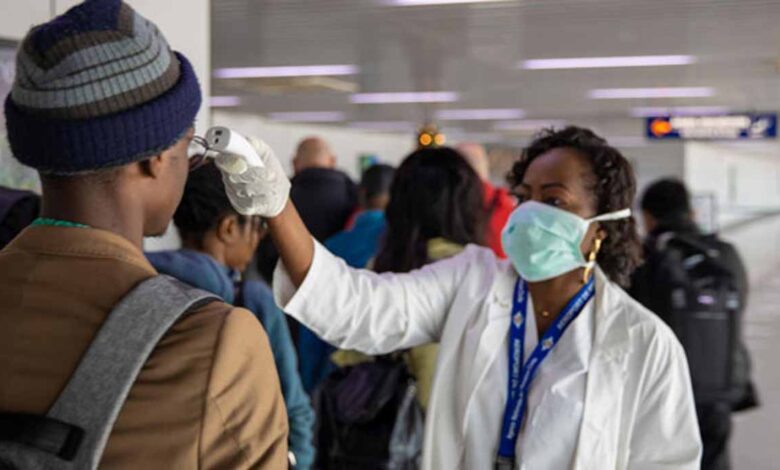#COVID19: Africa Is Experiencing Longest-Running Decline Of Infections – WHO
According to the World Health Organisation (WHO), weekly cases have fallen for the past 16 weeks, while deaths have dropped for the last eight weeks.

Africa is experiencing its longest-running decline in the Corona Virus Disease (COVID-19) infections since the onset of the pandemic, the World Health Organisation (WHO) said.
According to a statement released by WHO on Thursday, April 14, infections that were due to the Omicron-driven fourth pandemic wave have dropped from a peak of over 308,000 cases weekly at the start of 2022, to less than 20,000 in the week ending on April 10, 2022.
The global health body explained that over the past week, around 18,000 cases, and 239 deaths were recorded, a decline of 29 per cent and 37 per cent respectively compared with the week before. This low level of infections has not been seen since April 2020 in the early stages of the pandemic in Africa, it added.
However, Dr Matshidiso Moeti, the WHO Regional Director for Africa, advised that “the virus is still circulating, and the risk of new and potentially more deadly variants emerging remains, and pandemic control measures are pivotal to effective response to a surge in infections.”
“Despite the decreasing infections, it is crucial that countries remain vigilant and maintain surveillance measures, including genomic surveillance to swiftly detect circulating COVID-19 variants, enhance testing and scale up vaccination.”
Yet, with the receding infections, several African countries are easing key COVID-19 measures such as surveillance and quarantine, as well as public health measures including mask-wearing and ban on mass gatherings.
In Nigeria, the federal government has linked the declining numbers to the reduced risks of importation of new variants, and the increased number of people vaccinated in the country. In a document released on Saturday, April 2, 2022, the Presidential Steering Committee (PSC) on COVID-19 has reviewed the safety guidelines where the advisory limiting Nigerians to essential travels only had been lifted.
The reviewed guidelines also withdrew the limitation on the number of people attending informal and formal festivity events including weddings, conferences, congresses, office parties, and end of year events. It also lifted the 50 per cent limit on persons attending religious gatherings.
Regardless of easing some of the preventive guidelines, the federal government has remained adamant on civil servants resuming work with proof of vaccination or a PCR test of not more than 48hrs.
Last year, the Chairman of the PSC on COVID-19, Boss Mustapha, announced that from Dec. 1, 2021, all federal government employees would be required to show proof of vaccination to gain access to their offices.
However, from an online poll conducted by HumAngle, nearly a fifth of those polled said they would rather quit their jobs than have their employers force them to take a shot of the vaccine. This is because many still do not believe the shots to be safe.
Support Our Journalism
There are millions of ordinary people affected by conflict in Africa whose stories are missing in the mainstream media. HumAngle is determined to tell those challenging and under-reported stories, hoping that the people impacted by these conflicts will find the safety and security they deserve.
To ensure that we continue to provide public service coverage, we have a small favour to ask you. We want you to be part of our journalistic endeavour by contributing a token to us.
Your donation will further promote a robust, free, and independent media.
Donate HereStay Closer To The Stories That Matter




